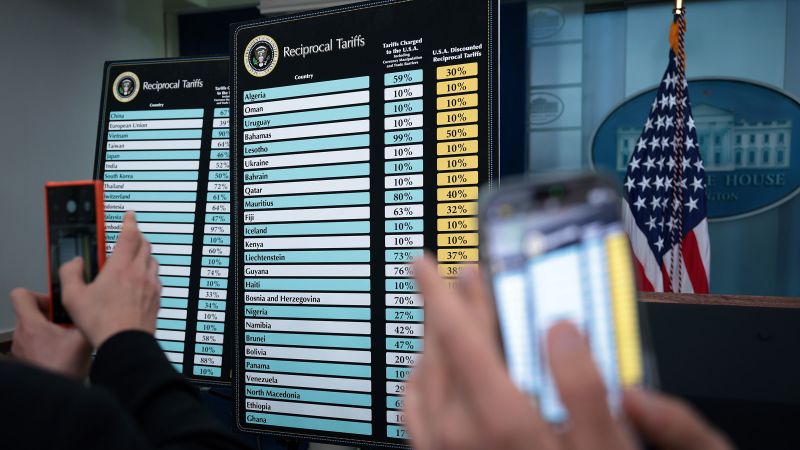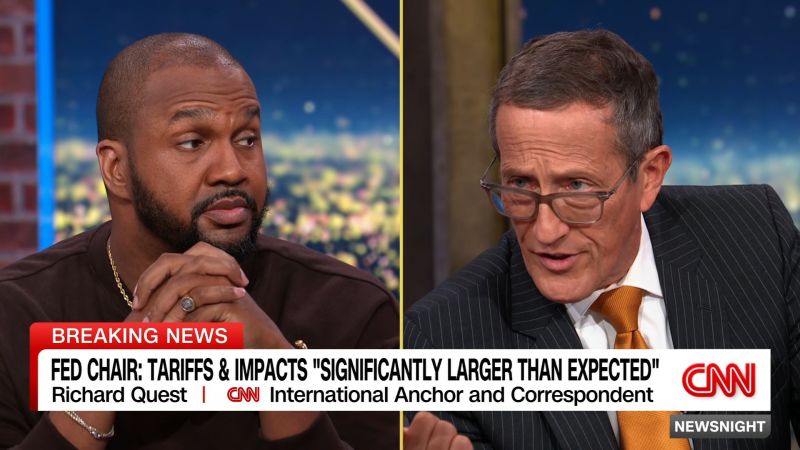Global Market Turmoil: Analysis and Reactions

In early April 2025, global markets experienced significant turbulence, driven by escalating trade tensions, particularly between the United States and China. Billionaire investor Ray Dalio warned that this market turmoil is symptomatic of a larger, systemic global crisis, attributing it to five major forces reshaping the global economy: unsustainable debt, domestic political unrest, shifts in global power, environmental challenges, and the rapid advancement of technologies like artificial intelligence.
The immediate market reaction included a sharp sell-off, wiping trillions of dollars from global equities. However, a temporary reprieve occurred mid-week as China vowed to retaliate against additional U.S. tariffs, accusing the U.S. of "blackmailing nature." Despite this rebound, market sentiment remained fragile, with the VIX volatility index remaining elevated.
U.S. President Donald Trump's imposition of sweeping reciprocal tariffs triggered much of the market instability. China responded by imposing a 34% reciprocal tariff on U.S. imports and considering restrictions on rare-earth minerals. Trump, in turn, threatened an additional 50% tariff if China did not withdraw its measures. The back-and-forth tariff escalations raised concerns about a full-blown trade war.
Analysts noted that various factors contributed to the market volatility, including investors selling liquid assets to cover losses and general trade uncertainty affecting business and consumer confidence. The U.S. dollar weakened against other major currencies, while safe-haven currencies like the yen and Swiss franc saw increased demand.
Francesco Pesole, a currency strategist at ING, suggested that the market rebound might reflect optimism that Trump would focus protectionist measures on China and expedite trade deals with other nations. However, he cautioned that this view might be overly optimistic.
The European Union also responded to the escalating trade tensions. European Commission President Ursula von der Leyen called on China to ensure a negotiated solution and emphasized the need for a fair trading system. The European Commission offered a "zero-for-zero" tariff deal to the United States, proposing counter-tariffs on a range of U.S. goods.
Economists and investors expressed concerns about the potential for a prolonged trade war to derail economic recovery. Some warned that tariffs could trigger an "economic nuclear winter." Despite some dissent from Republican lawmakers and influential Wall Street figures, Trump remained resolute in his belief that tariffs were necessary to address American trade deficits.
Xu Tianchen, an economist at the Economist Intelligence Unit, noted that Trump's tariffs targeted the strategies Chinese exporters had been using to mitigate the impact of the trade war, such as shifting production abroad and increasing sales to non-U.S. markets. Chinese President Xi Jinping planned visits to Malaysia, Vietnam, and Cambodia, countries that had benefited from the relocation of Chinese manufacturers seeking to avoid U.S. sanctions.












